This article was co-authored by Laura Marusinec, MD. Dr. Marusinec is a board certified Pediatrician at the Children's Hospital of Wisconsin, where she is on the Clinical Practice Council. She received her M.D. from the Medical College of Wisconsin School of Medicine in 1995 and completed her residency at the Medical College of Wisconsin in Pediatrics in 1998. She is a member of the American Medical Writers Association and the Society for Pediatric Urgent Care.
There are 13 references cited in this article, which can be found at the bottom of the page.
This article has been viewed 105,502 times.
Luteinizing hormone (LH) is important for both men and women. It is a hormone that leads to the production of other hormones, such as estrogen and testosterone.[1] If your LH is low, it can cause problems with fertility, which you can compensate for by using a drug that acts similarly, gonadotropin. If you're not trying to get pregnant, it's easier to replace the secondary hormones LH tells your body to produce.
Steps
Increasing Luteinizing Hormone to Increase Fertility
-
1Ask about a gonadotropin treatment. When the fertility drug Clomiphene doesn't work, doctors often turn to gonadotropin treatment.[2] In women, LH is needed for ovulation, and gonadotropin acts in a similar way to LH, encouraging your body to produce the other hormones needed for ovulation. In men, LH is needed to produce testosterone. Gonadotropin can act in its place, increasing testosterone and a man's sperm count, which also increases a couple's chances of conceiving.[3]
-
2Take human menopausal gonadotropin (hMG) to produce eggs. Typically, if you're a woman, you take this treatment every day for about two weeks, and you or your partner will inject it under your skin. Once your body has responded, you stop the treatment and a doctor will monitor your follicles until they are ready for an egg to be released.[4]Advertisement
-
3Inject human chorionic gonadotropin (hCG) to release eggs. When your follicles are ready, your doctor will give you an injection of hCG to tell your body it's time to release the eggs into your uterus. At that time, you can try to conceive for the next day or so.[5]
-
4Begin with hCG if you're a man. Men usually start with hCG. Generally, you'll have a couple of injections a week. You'll try it for about half a year.[6] If it hasn't helped, your doctor may add hMG to your regimen.
-
5
Compensating for the Lack of Luteinizing Hormone
-
1Decide whether you need to increase the levels of LH. LH is important, but an absence of this hormone can be treated in other ways than increasing LH. That is, you can treat the effects of low LH rather than trying to increase LH levels.[9]
-
2Ask about estrogen replacement for women. If you are not trying to get pregnant, then the most likely treatment for you will be to take estrogen to replace what's not being produced because you are low on LH. You'll also need to take cyclic progestins to decrease your chances of developing cervical cancer.[10]
- Generally, you take estrogen and progestins in pill or patch form.[11]
-
3Consider testosterone replacement for men. In men, the treatment often means taking testosterone. Testosterone can be taken by young men who have a delayed onset of puberty because of low LH. It can also be taken by men who have a low sex drive or who have lost some of the defining male characteristics, such as facial hair.[12]
-
4Gain weight to treat anorexia nervosa. Some people develop low LH because of an eating disorder such as anorexia nervosa. You should be within 15 percent of your ideal weight to stave off low LH due to an eating disorder.[15]
- If you do have an eating disorder, reach out to a medical professional. You'll likely need a team of medical professionals helping you, including your primary doctor, a psychologist or psychiatrist, and a nutritionist. Your primary doctor can help point you in the right direction.[16]
-
5Treat the underlying condition. Many conditions can cause your LH to be low, such as overuse of opioids and steroids, issues with your pituitary gland, high levels of stress, long-term infections, and nutrition issues. Sometimes, treating the underlying condition will help with your LH levels.[17]
-
6Try D-aspartic acid. Some people have luck with taking 3 milligrams of D-aspartic acid per day. This supplement may increase the levels of LH in your body. However, only take supplements under the advice of your doctor, as anything that messes with your LH may affect your other hormones, too.[18]
-
7Consider chasteberry. Another supplement that may help increase your LH levels is chasteberry. This supplement may also decrease your FSH levels, though. FSH is a hormone that's important for fertility, so this supplement is likely not a good choice if you're trying to get pregnant. Ask your doctor before taking it.[19]
References
- ↑ https://medlineplus.gov/ency/article/000390.htm
- ↑ http://emedicine.medscape.com/article/255046-treatment
- ↑ https://www.uptodate.com/contents/infertility-treatment-with-gonadotropins-beyond-the-basics
- ↑ https://crh.ucsf.edu/fertility/ovulation_induction
- ↑ https://crh.ucsf.edu/fertility/ovulation_induction
- ↑ https://my.clevelandclinic.org/health/drugs/18559-human-chorionic-gonadotropin-hcg-injection
- ↑ http://www.accessdata.fda.gov/drugsatfda_docs/label/2011/017692s021lbl.pdf
- ↑ https://www.reproductivefacts.org/news-and-publications/patient-fact-sheets-and-booklets/documents/fact-sheets-and-info-booklets/side-effects-of-injectable-fertility-drugs-gonadotropins/
- ↑ http://emedicine.medscape.com/article/255046-treatment
- ↑ http://emedicine.medscape.com/article/255046-treatment
- ↑ https://medlineplus.gov/ency/article/000390.htm
- ↑ http://emedicine.medscape.com/article/255046-treatment
- ↑ http://www.accessdata.fda.gov/drugsatfda_docs/label/2011/017692s021lbl.pdf
- ↑ https://www.aafp.org/pubs/afp/issues/2006/0501/p1591.html
- ↑ http://emedicine.medscape.com/article/255046-treatment
- ↑ https://www.nimh.nih.gov/health/topics/eating-disorders
- ↑ https://medlineplus.gov/ency/article/000390.htm
- ↑ https://www.ncbi.nlm.nih.gov/pmc/articles/PMC2774316/
- ↑ https://www.aafp.org/pubs/afp/issues/2005/0901/p821.html
About This Article
Luteinizing hormone is important for men and women since it leads to the production of other hormones, like estrogen and testosterone. If you’re a woman who’s not trying to get pregnant, then the most likely treatment is for you to take estrogen to replace what’s not being produced. You’ll also need to take cyclic progestins to decrease your chances of developing cervical cancer. If you’re a man, you can take testosterone replacements. You may also have an underlying condition causing your LH to be low, like overuse of opioids, steroids, issues with your pituitary gland, high levels of stress, or nutrition issues, so addressing the core problem may naturally raise your levels. For more tips from our Medical co-author, including how to increase your LH for fertility, keep reading!
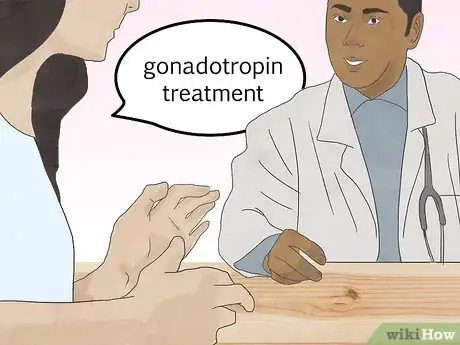
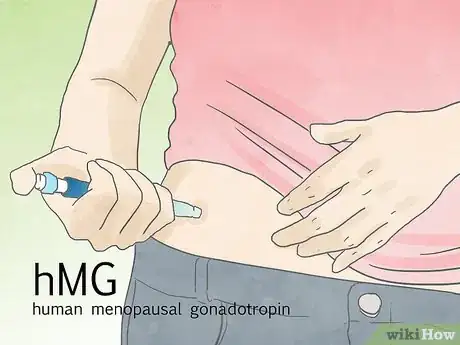
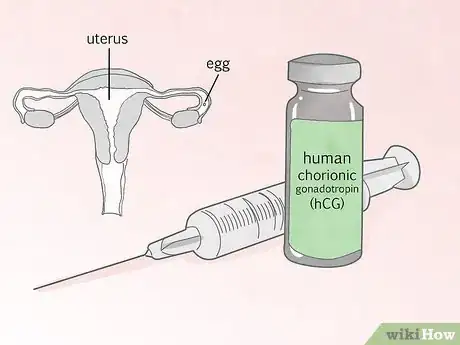
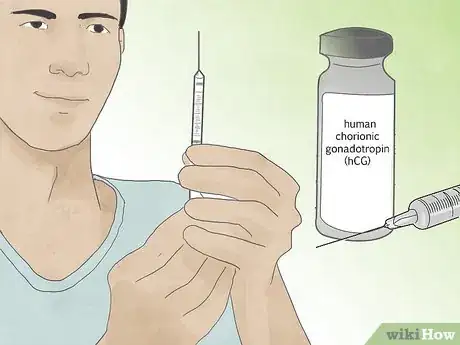
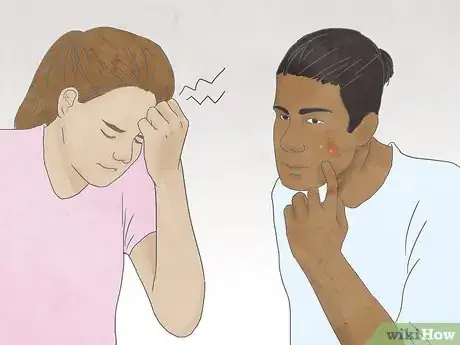

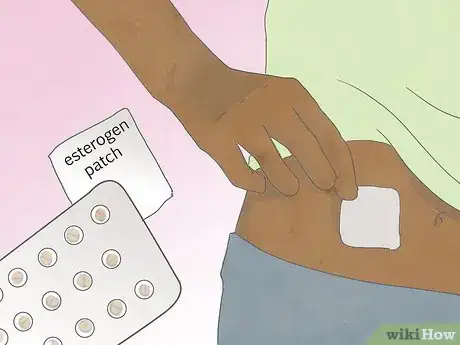
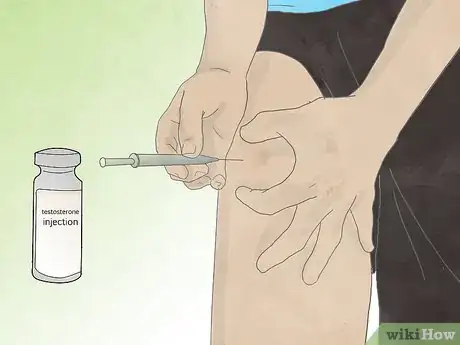

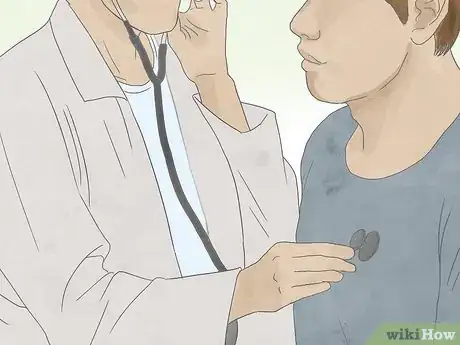
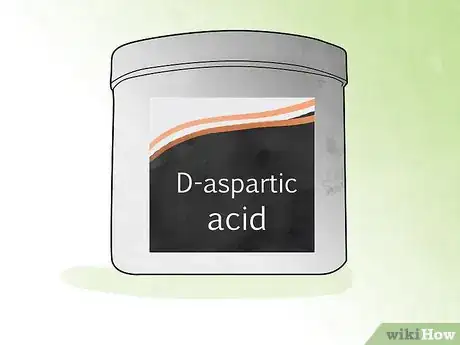
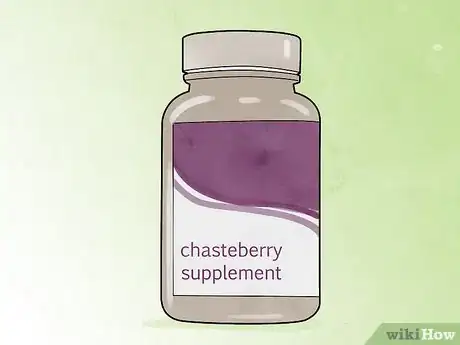
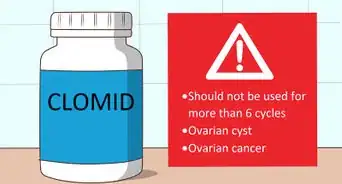








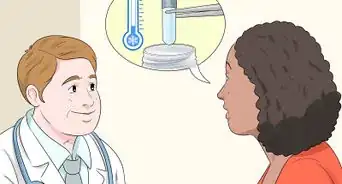















































Medical Disclaimer
The content of this article is not intended to be a substitute for professional medical advice, examination, diagnosis, or treatment. You should always contact your doctor or other qualified healthcare professional before starting, changing, or stopping any kind of health treatment.
Read More...